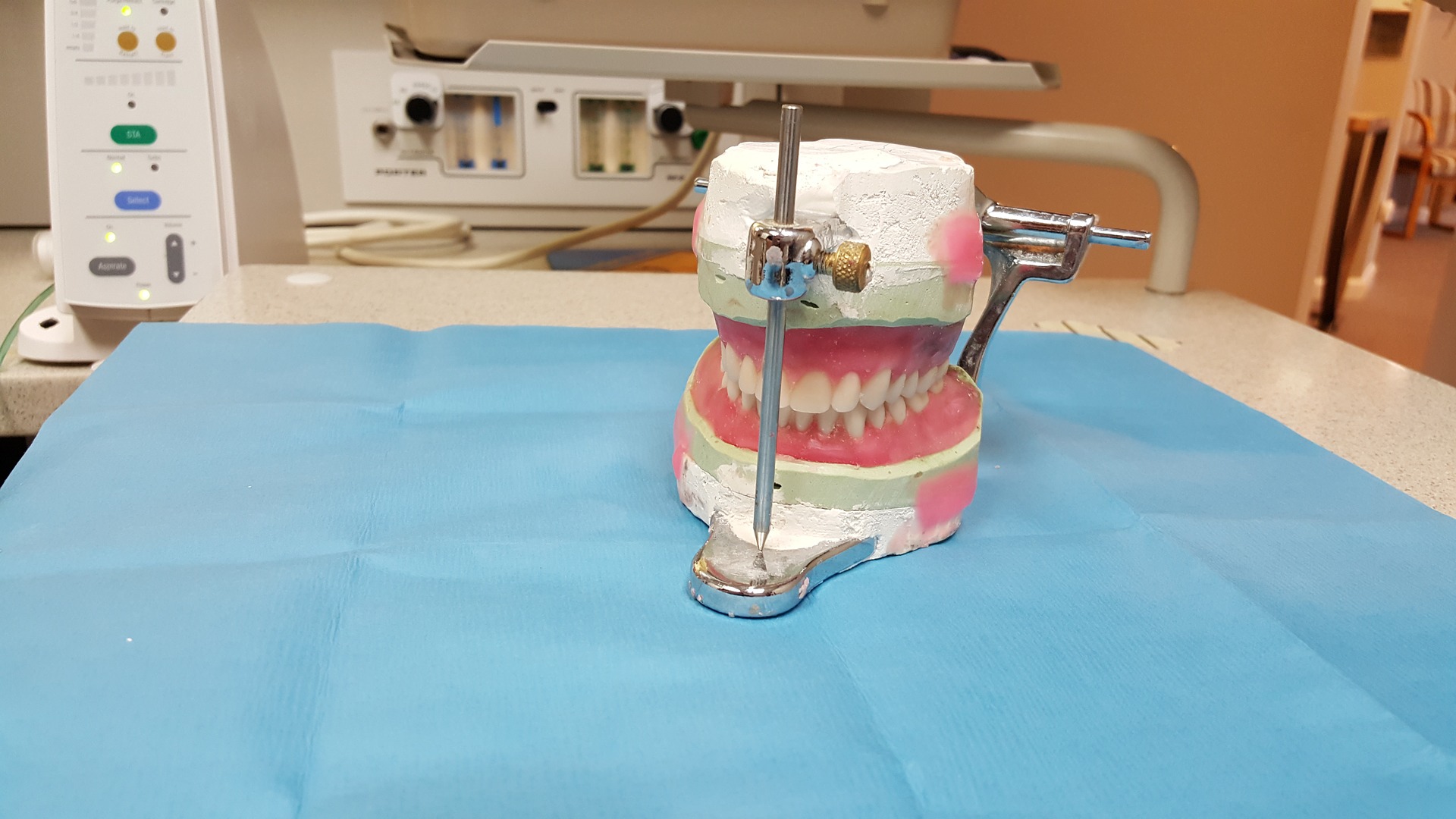Seniors: How To Get Dental Insurance At Not Cost
Five Tips For Choosing The Best Dental Plan For Seniors
Choosing the right dental coverage requires time, research, and comparisons. Here are five essential tips for finding the right plan for you.
Evaluate Your Current Needs
First, take a look at your medical history as it relates to oral health. If you have struggled with dental issues in the past, it is important to have good coverage as you age. Unfortunately, some individuals struggle with their teeth their whole lives, despite their best efforts.
Consider getting a check-up and asking your dentist if they foresee any problems in the future that might require special care. For example, receding gums that could eventually require a graft to correct. Having this information will help you choose the right amount of coverage for your future needs.
Consider Your Prefered Practitioners
If you have a preferred dentist, ask them what coverage companies they accept in their practice. This information benefits them as they get to keep a patient and can also help you narrow down the options.
Keep in mind that the coverage they accept might not be right for your budget. If that is the case, you will need to look for new care providers.
Determine Your Coverage Area
When you start looking at plans, consider the overall coverage area. Determine where the coverage extends to and what types of practices fall within that network. This consideration is especially important for retirees who travel south for the winter or plan on making the most of their golden years.
Ideally, you will choose a plan that covers multiple dentists and oral specialists in your area in an emergency.
Determine What Treatment Is Covered
Look at the individual plans and determine what treatments are covered and the percentage of coverage. If you have a history of good oral health, getting discounted, basic supplementary coverage is a viable option. Conversely, if you have poor oral health, you want your bases covered for any surprise treatments.
Evaluate The Costs
Finally, evaluate all of the costs associated with the plan you are evaluating. The monthly premium tends to be the focal point when looking at dental insurance for seniors. However, it would help if you also looked at the coverage versus out-of-pocket fees, the deductible, and the annual coverage cap.
When evaluating the costs, compare them to your dental bills from previous years. It does not make sense to pay more for coverage than you have spent out-of-pocket in the past.
It is also important to evaluate the non-monetary costs when looking at supplementary coverage. Many dental insurance providers will implement a waiting period for costly procedures. Be sure to read reviews from reliable sources when considering a dental plan.

Choosing High-Deductible vs. Low-Deductible
One of the best ways to save on supplemental dental insurance is to adjust to a high-deductible or low-deductible plan based on your coverage needs. High-deductible plans tend to have lower premiums with higher-out-of-pocket costs before coverage kicks in. If you predict that you will only need cleaning or two in the next year, a high-deductible can save you hundreds on premiums.
Conversely, if you think that you will need significant dental care and expensive procedures, it makes sense to have a low-deductible plan with higher monthly premiums. Keep this information in mind when looking at dental insurance coverage.

